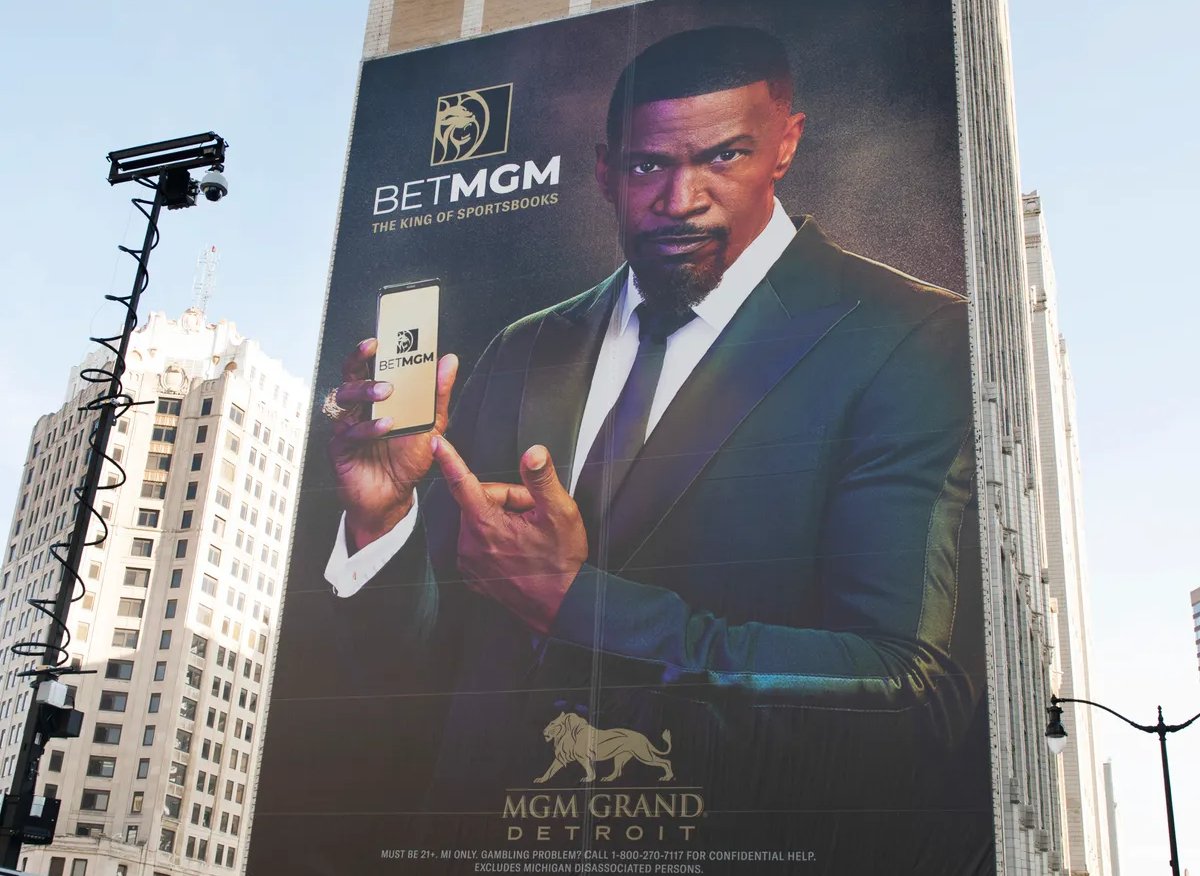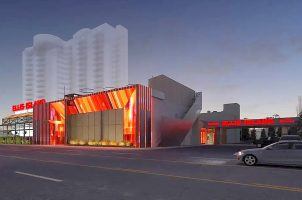Michigan iGaming and Sports Betting Won Nearly $2B in 2022
Posted on: January 24, 2023, 10:36h.
Last updated on: January 24, 2023, 04:27h.
Michigan iGaming and online sports betting continued to grow in 2022. Gross gaming revenue (GGR) from internet gaming and sportsbooks totaled almost $2 billion.

The Michigan Gaming Control Board (MGCB) reports revenue from interactive slots, table games, and poker rake totaled $1.58 billion in 2022. That includes iGaming from both commercial and tribal-operated platforms.
Online sportsbooks generated GGR of $399.58 million. That brought Michigan’s total 2022 internet gaming haul to approximately $1.98 billion.
Twelve Native American communities in Michigan have Class III gaming compacts with the state that allow them to run online gaming and sports betting platforms. The state additionally allows Detroit’s three commercial casinos — MGM Grand Detroit, MotorCity Casino, and Hollywood Casino at Greektown — to operate iGaming and internet sportsbooks.
The $1.98 billion in online gaming income adds to the $1.28 billion in 2022 brick-and-mortar casino revenue previously reported for the Detroit casinos.
iGaming Continues Growth
Online casino gaming and sports betting went live in Michigan in early 2021. The expanded gaming continued to gain favor among Michigan gamblers last year, as the 2022 numbers represent new highs and a 41% year-over-year surge.
Revenue from iGaming in 2021 totaled $1.11 billion. Online sportsbooks won $292.17 million for a combined online win of about $1.4 billion.
BetMGM (MGM Grand Detroit), FanDuel (MotorCity), and Barstool (Hollywood Greektown) are the online gaming and sportsbook platforms for Detroit’s casinos. But the tribes’ iGaming/sportsbook partners are also household names, including DraftKings (Bay Mills Indian Community), BetRivers (Little Traverse Bay Bands of Odawa Indians), Golden Nugget (Keweenaw Bay Indian Community), and WynnBet (Sault Ste. Marie Tribe of Chippewa Indians).
But it was BetMGM that dominated Michigan’s iGaming market in 2022.
BetMGM reported GGR of $589 million from its online gaming platform last year. After deducting promotional credits, as permitted in Michigan, the internet casino reported adjusted gross revenue of $533.2 million. That represents about a 37% market share.
MotorCity’s FanDuel topped the sports betting vertical. FanDuel said it accepted more than $1.37 billion in bets and kept about $163.5 million of the wagers. Much of the gross win came from free play — promotional money the online sportsbook provided to new customers and through retention incentives. FanDuel’s adjusted sportsbook revenue was $112 million, or about a 51% market share.
Tax Benefit Increases
iGaming and online sports betting could be cutting into brick-and-mortar gaming. Detroit land-based GGR dipped 1.4% last year.
Online gaming and sports betting easily offset Detroit’s brick-and-mortar losses. The city and state are also faring better in gaming taxes compared with the time before iGaming and online sportsbooks were permitted.
Michigan received more than $289.2 million in iGaming taxes last year. Detroit, which receives a share of the iGaming conducted by the city’s online partners, reaped approximately $77.8 million. Those numbers for 2021 were $201.6 million and $55.3 million.
As for sports betting, the state gained about $13.7 million in sportsbook taxes. Detroit collected $6.7 million. In 2021, those figures were $7.3 million and $4 million.
Related News Articles
Detroit Casinos Win $1.28B in 2022, Brick-and-Mortar Play Shrinks
Michigan iGaming Sets Monthly Revenue Record, Online Sportsbook Win Retracts
Ontario IGaming Far Outpacing Sports Wagering
Caesars Digital Notches First Profitable Quarter
Most Popular
VEGAS MYTHS BUSTED: Sinatra Got His Teeth Knocked Out by a Casino Exec
Museum Extends Passenger Service on Las Vegas Hoover Dam Railroad
Sports Betting M&A to Be Driven by New Products, Tech, Says Expert
Lisa Vanderpump Buys $5M Vegas Mansion
Most Commented
-
UPDATE: Giant Naked Donald Trump Removed from Side of Las Vegas Freeway
— October 1, 2024 — 17 Comments -
VEGAS MYTHS RE-BUSTED: Las Vegas is in Imminent Danger of Running Out of Water
— September 27, 2024 — 11 Comments -
LOST VEGAS: Bobby Berosini’s Orangutans
— October 2, 2024 — 5 Comments -
LOST VEGAS: Art Bell’s House and Radio Compound
— September 16, 2024 — 3 Comments -
VEGAS MYTHS RE-BUSTED: The Final Resting Place of Whiskey Pete
— October 25, 2024 — 3 Comments
















No comments yet